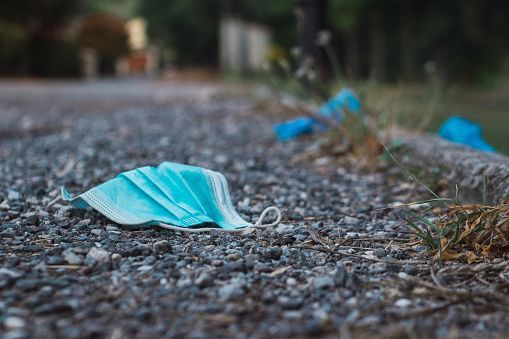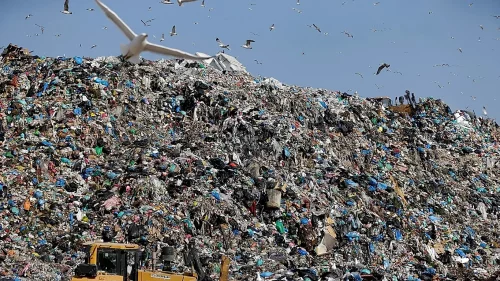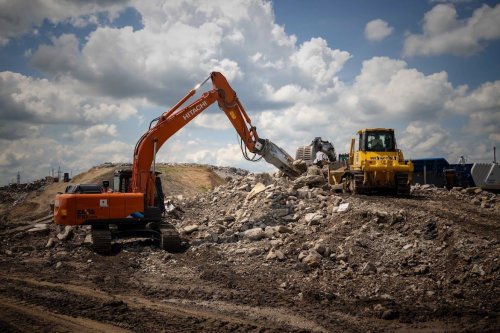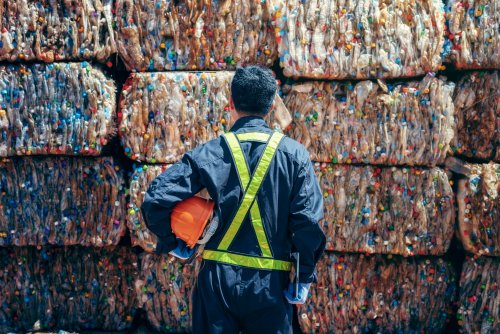Specialists from the Italian universities of Viterbo, Bergamo and E-Campus have developed a technology for the production of asphalt reinforced with material from recycled masks and gloves of the COVID-19 pandemic.
Technical tests have shown that such asphalt has much higher qualities, reports Monitor Info.
The project is financed by the Ministry of Ecological Transition of Italy.
The article emphasized that scientists decided to give a second life to a huge amount of personal protective equipment that was used during the two and a half years of the COVID-19 pandemic.
"We asked ourselves what can be done with our used masks and gloves if we want them not to be treated as non-sortable waste. Thanks to our project, they will be able to be used for the production of road surfaces," said Marco Marconi, a researcher from the University of Viterbo.
He explained that crushed masks and gloves are added to the mixture of aggregates and bitumen as a reinforcing material. This ensures greater durability of the road surface and less use of raw materials.
As EcoPolitic reported before, The World Health Organization (WHO) calls to reform approaches to medical waste, and also reduce the use of those materials that produce the most waste. The COVID-19 pandemic has caused the accumulation of tens of thousands of tons of additional medical waste, and waste from COVID-19 hospitals is a serious threat to the environment on the planet.





